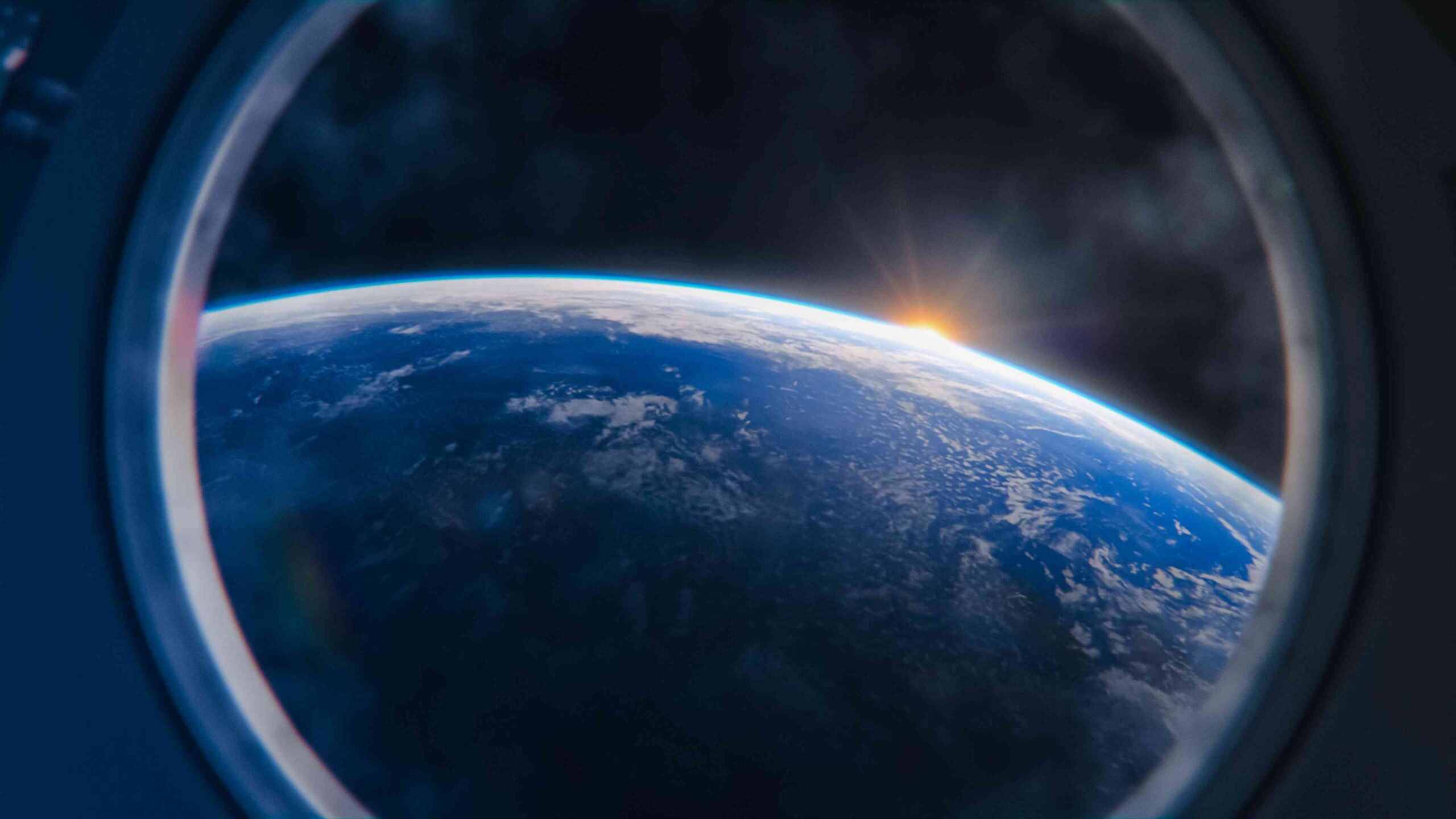
Read: Genesis 1:24-31
Then God said, “Let us make humankind in our image, according to our likeness; and let them have dominion over the fish of the sea, and over the birds of the air, and over the cattle, and over all the wild animals of the earth, and over every creeping thing that creeps upon the earth” (Genesis 1:26, NRSV).
We don’t have to take the Bible literally to take it seriously.
So, let’s take a serious look at what it means for us as humans, created in the image of God, to have “dominion” over our fellow creatures.
Bible-reading believers over the centuries have assumed that this word gives us a license to plunder the earth and its creatures. It doesn’t help that the word “dominion” (radah) is aided and abetted by another word in verse 28 (kabash) that means “subdue.” Together, these two words have been responsible for more ecological damage than fossil fuels and plastic put together.
If I could run to my Hebrew lexicon and make these words mean something else, I would. But I can’t. The usual English translations mean what they seem to mean. So, in a sense, we need to start by acknowledging that these two words win the “what a difference a word makes” contest in a negative sense.
Still…is it fair to blame the words? It seems to me the problem is not so much the words themselves as the interpretation of them.
Old Testament professor, Ellen Davis, claims that “the ecological crisis is essentially not a technological crisis, but a theological one. It is a massive disordering in our relationship with God, the Creator of heaven and earth” (Getting Involved With God, p. 185). If she’s right—and I think she is—then we need to pay careful attention to what this passage says about what God intends for that relationship to be.
It seems to me that being created in the image and likeness of God should make a monumental difference in how we exercise our “dominion.” If this first chapter of the Bible tells us anything about God, it is that God delights in creation. The least we can do as God’s image-bearers is to see to its flourishing.
Perhaps if we read this passage with an eye toward responsibility rather than privilege it would help. It is, after all, a profound responsibility to be tasked with the care and feeding of something as exquisite as the earth and all its creatures.
Canadian philosopher, Marshall McLuhan, reminds us of our responsibility by pointing out that: “There are no passengers on spaceship earth. We are all crew.”
So, welcome to the crew of spaceship earth. It is both an exhilarating and sobering responsibility.
Ponder: How does the second creation story help to balance the first? Consider especially God’s command “to till and to keep” the garden—or as Ellen Davis translates these words, “to work and to watch.”
Pray: Forgive us for all the ways we have misinterpreted our job description, O God. Show us how to be better members of creation’s crew.
